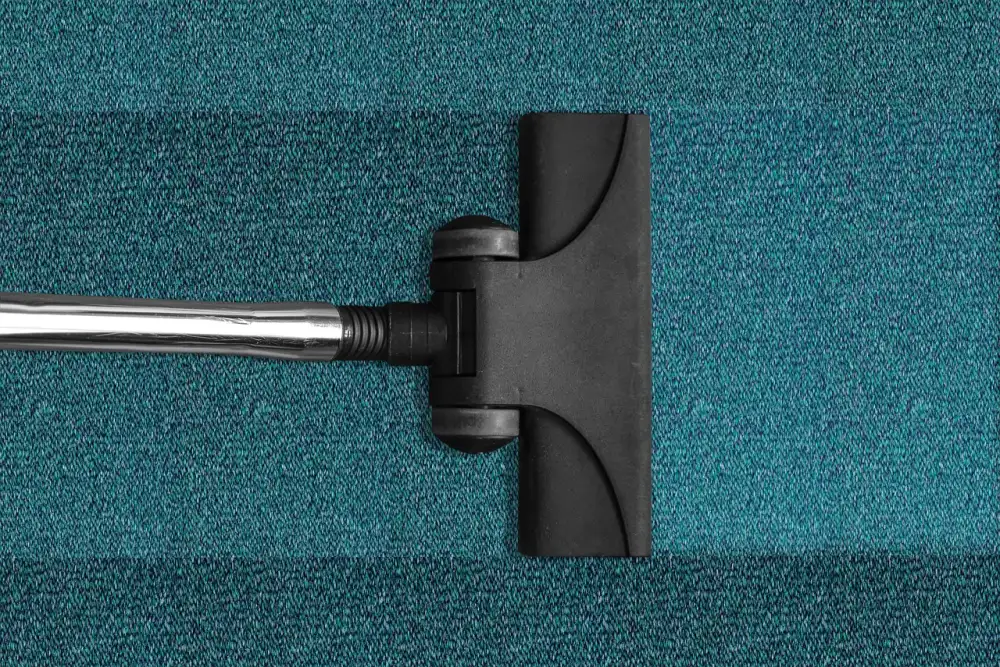Restore the Shine: A Step-by-Step Guide to Cleaning Your Cast Iron Skillet

- Importance of proper cleaning for maintaining the skillet's seasoning
- Gather necessary cleaning supplies
- Step-by-step instructions for cleaning a cast iron skillet:
- Allow the skillet to cool down completely
- Gently scrape off any food residue
- Rinse the skillet with warm water
- Use a mild dish soap for stubborn stains
- Avoid using abrasive scrubbers or harsh chemicals
- Dry the skillet thoroughly
- Apply a thin layer of oil to prevent rusting
- Tips for preventing common cleaning mistakes
Cleaning a cast iron skillet is an essential part of maintaining its longevity and cooking performance. Over time, these versatile kitchen tools can accumulate food residue and lose their natural non-stick surface. By following a few simple steps, you can restore the shine to your cast iron skillet and ensure it remains in top condition for years to come. In this guide, we will walk you through the process of cleaning your skillet, from gathering the necessary supplies to applying a protective layer of oil. So let's get started and bring back the luster to your beloved cast iron skillet!
Importance of proper cleaning for maintaining the skillet's seasoning
Proper cleaning is essential for maintaining the seasoning of your cast iron skillet. The seasoning is a layer of polymerized oil that forms on the surface of the skillet, giving it a non-stick finish and protecting it from rust. When you cook with a cast iron skillet, the oils from your food become part of this seasoning, enhancing its flavor and creating a natural non-stick surface. However, if the skillet is not cleaned properly, this delicate seasoning can be damaged or stripped away completely. By following the correct cleaning techniques, you can ensure that your cast iron skillet remains in top condition and continues to provide you with delicious meals for years to come.
Gather necessary cleaning supplies
To properly clean your cast iron skillet, you will need to gather a few necessary cleaning supplies. These include a soft sponge or brush, warm water, mild dish soap, and a clean towel or paper towels for drying. It is important to avoid using abrasive scrubbers or harsh chemicals as they can damage the skillet's seasoning. By having these supplies on hand, you will be well-equipped to restore the shine to your cast iron skillet.
Step-by-step instructions for cleaning a cast iron skillet:
a. Allow the skillet to cool down completely.
b. Gently scrape off any food residue using a spatula or a nylon brush.
c. Rinse the skillet with warm water, avoiding the use of soap at this stage.
d. For stubborn stains, use a mild dish soap and gently scrub with a non-abrasive sponge.
e. Avoid using abrasive scrubbers or harsh chemicals that can damage the seasoning.
f. Dry the skillet thoroughly with a towel or by placing it on low heat on the stove.
g. Apply a thin layer of oil to prevent rusting and store in a dry place until next use.
Allow the skillet to cool down completely
Allowing the skillet to cool down completely is an essential first step in cleaning your cast iron skillet. This is important because if you try to clean it while it's still hot, you run the risk of burning yourself or damaging the seasoning on the skillet. So, be patient and wait until it has cooled down completely before moving on to the next step.
Gently scrape off any food residue
After allowing your cast iron skillet to cool down completely, it's time to gently scrape off any food residue. Using a wooden or silicone spatula, carefully loosen any stuck-on bits without scratching the surface. Be sure to pay extra attention to the corners and edges where food tends to accumulate. This step will make the subsequent cleaning process much easier and more effective.
Rinse the skillet with warm water
After gently scraping off any food residue from your cast iron skillet, it's time to give it a good rinse. Fill your sink or a basin with warm water and carefully place the skillet in it. Make sure the water is not too hot as extreme temperature changes can cause the skillet to warp. Using your hands or a soft sponge, gently scrub the skillet to remove any remaining debris. Pay extra attention to the corners and crevices where food particles tend to hide. Once you're satisfied that the skillet is clean, rinse it thoroughly with warm water to remove any soap residue. Avoid using cold water as this can also cause warping. Now that your skillet is clean, it's time to move on to the next step in restoring its shine!
Use a mild dish soap for stubborn stains
When it comes to stubborn stains on your cast iron skillet, a mild dish soap can be your secret weapon. While some purists may argue against using soap on cast iron, it is perfectly safe as long as you use a gentle formula. Simply apply a small amount of dish soap to the stained area and gently scrub with a non-abrasive sponge or brush. Rinse thoroughly with warm water to remove any soap residue. This method will help tackle tough stains without compromising the seasoning of your skillet.
Avoid using abrasive scrubbers or harsh chemicals
When it comes to cleaning your cast iron skillet, it's important to avoid using abrasive scrubbers or harsh chemicals. These can damage the seasoning and strip away the skillet's natural non-stick properties. Instead, opt for a gentle scrub brush or sponge that won't scratch the surface. If you encounter stubborn stains, try using a paste made from baking soda and water, which is mild yet effective. Remember, the goal is to preserve the skillet's seasoning while still achieving a thorough clean. By avoiding abrasive scrubbers and harsh chemicals, you'll ensure that your cast iron skillet stays in top condition for years to come.
Dry the skillet thoroughly
After rinsing the skillet, it's crucial to dry it thoroughly to prevent any moisture from causing rust. Use a clean, dry cloth or paper towel to wipe away any remaining water. Make sure to get into all the nooks and crannies, including the handle and sides of the skillet. If needed, you can also place the skillet on a stovetop burner on low heat for a few minutes to ensure complete drying. Remember, a well-dried skillet is a happy skillet!
Apply a thin layer of oil to prevent rusting
After thoroughly drying the cast iron skillet, it's crucial to apply a thin layer of oil to prevent rusting. This step is essential for maintaining the skillet's seasoning and prolonging its lifespan. To do this, simply pour a small amount of cooking oil onto a paper towel or cloth and rub it all over the skillet, including the handle and exterior. Make sure to coat every surface evenly, as this will create a protective barrier against moisture. Remember to use a neutral oil with a high smoke point, such as vegetable or canola oil. By regularly applying this simple yet effective technique, you can ensure that your cast iron skillet remains in pristine condition for years to come.
Tips for preventing common cleaning mistakes
1. Avoid soaking the cast iron skillet for extended periods of time, as this can cause it to rust. Instead, clean it promptly after each use.
2. Never use harsh chemicals or abrasive scrubbers on your cast iron skillet, as they can strip away the seasoning and damage the surface. Stick to gentle dish soap and a soft sponge or brush.
3. Don't scrub too vigorously when cleaning your skillet, as this can also remove the seasoning. Use a gentle touch and let the soap and warm water do most of the work.
4. Make sure to dry your skillet thoroughly after washing to prevent any moisture from causing rust. You can even place it on a low heat burner for a few minutes to ensure all moisture is evaporated.
5. Avoid using metal utensils when cooking in your cast iron skillet, as they can scratch the surface and make it more difficult to clean.
By following these tips, you can maintain the shine and longevity of your cast iron skillet while ensuring it remains a reliable tool in your kitchen arsenal.
In conclusion, maintaining a clean cast iron skillet is essential for preserving its seasoning and ensuring its longevity. By following the step-by-step guide provided, you can restore the shine to your skillet and keep it in pristine condition. Remember to always allow the skillet to cool down completely before cleaning, gently scrape off any food residue, rinse with warm water, and use mild dish soap if necessary. Avoid using abrasive scrubbers or harsh chemicals that can damage the skillet's surface. Thoroughly dry the skillet and apply a thin layer of oil to prevent rusting. By avoiding common cleaning mistakes and practicing proper care, your cast iron skillet will continue to serve you delicious meals for years to come.
Published: 21. 12. 2023
Category: Home



